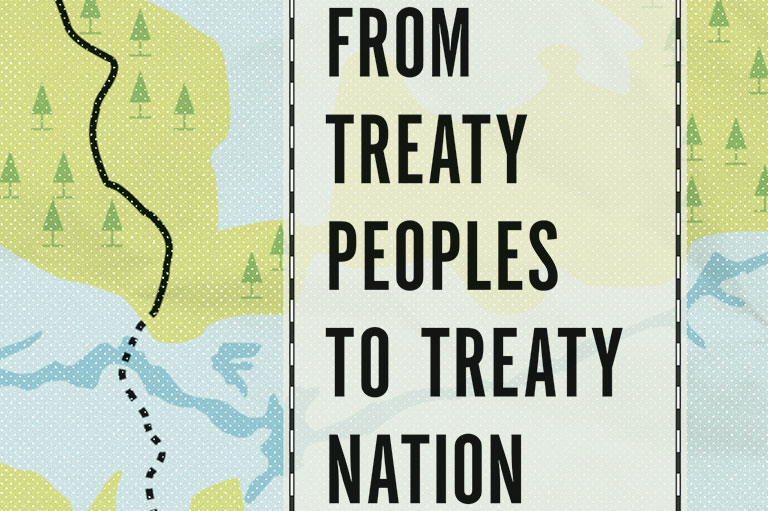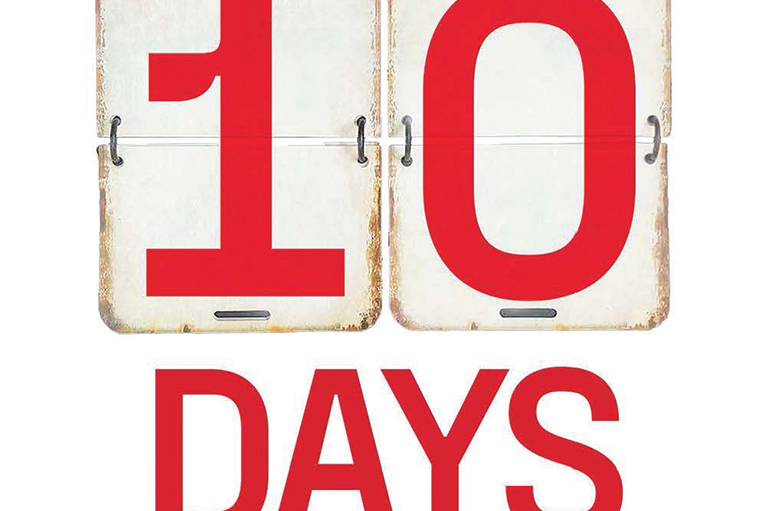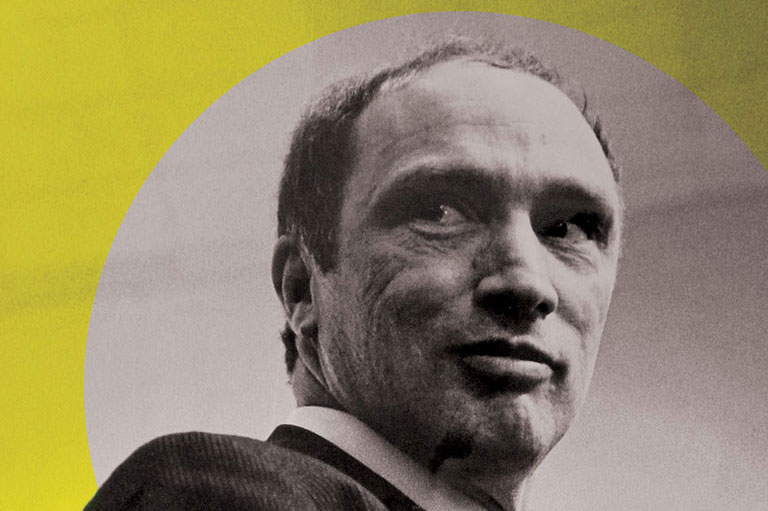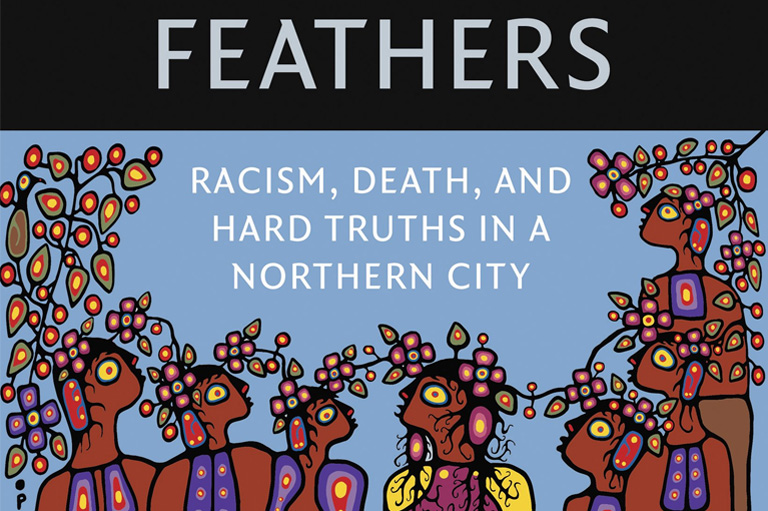The O’Keefes of O’Kanagan
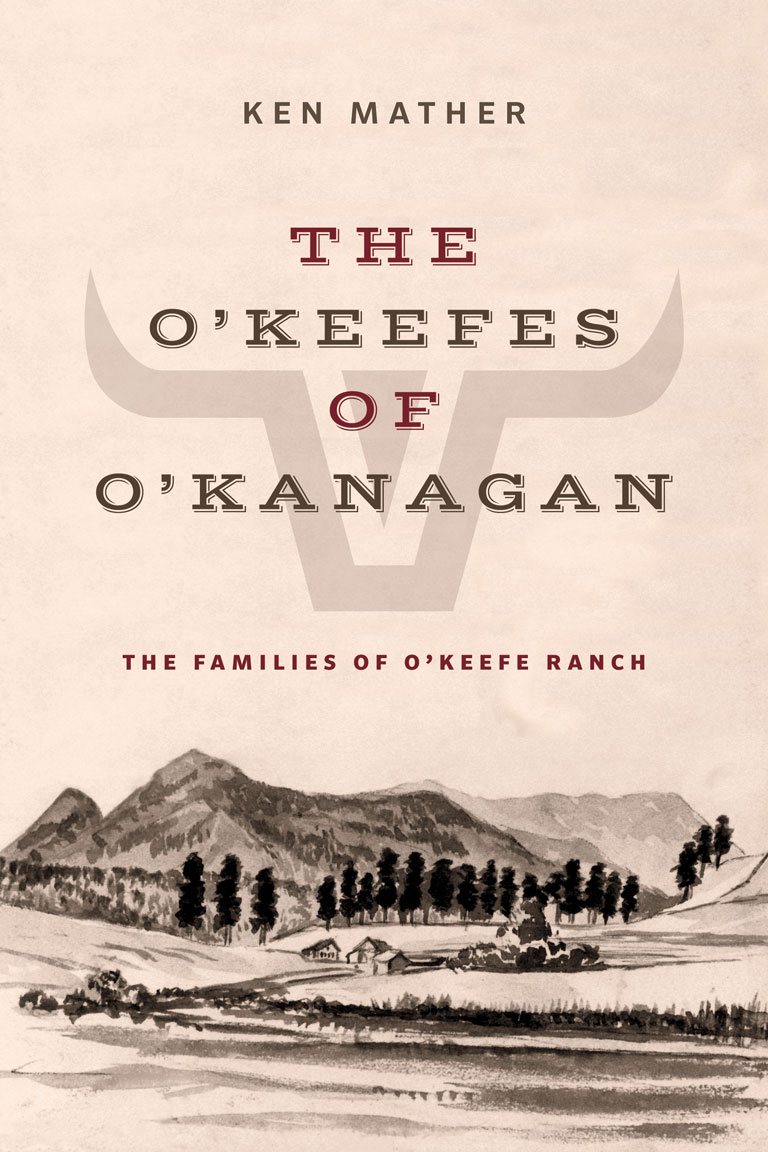
The O’Keefes of O’Kanagan: The Families of O’Keefe Ranch
by Ken Mather
Heritage House
332 pages, $34.95
When people imagine the romantic ranching country of Canada, their thoughts often turn to Alberta — not to British Columbia’s fruit-growing Okanagan valley. However, the O’Keefe Ranch, situated at the north end of Okanagan Lake, was a vigorous economic and community force in Canada’s cattle and grain business from the late 19th to the mid-20th centuries. Ken Mather shares the ranch’s impact and the family’s story in his newest book.
There is no one on the planet better suited to write this book than Mather. He is an avid storyteller regarding Canadian cowboys, ranching and horsecentred communities. Plus, in 1984, he became the manager and curator of the Historic O’Keefe Ranch heritage site. He understands the human geography of the ranch and has long-standing personal connections and relationships with the O’Keefe family.
With 7 uniquely curated newsletters to choose from, we have something for everyone.
The tale begins with Cornelius O’Keefe’s father, Michael, a poor Irish immigrant coming to Canada in 1819. Using a combination of conjecture and fact, Mather weaves the foundational story of the O’Keefe family’s early immigrant years in Upper Canada. He paints an informative picture of life in Nepean, Ont., and shows how Cornelius’s experiences galvanized his wanderlust to seek his fortune in British Columbia. From there, the story rests upon the main character, Cornelius, who became adept in the cattle business and eventually established his thriving eponymous ranch.
Through 52 years of booms and busts, the well-liked Cornelius went on to marry three times. As was the case with many young, single male settlers, Cornelius’s first wife, Alapetsa (Rosie), was Indigenous. Pressured by the Catholic Church, Cornelius ended their relationship and married Mary Ann McKenna. After her death in 1899, the 62-year-old Cornelius married 23-year-old Elizabeth Tierney.
Through these relationships, Cornelius fathered 17 children — enough to ice a hockey team. Along with detailing the rises and falls of the ranching, grain-growing and development businesses, the story chronicles the misadventures and tragedies surrounding this layered family. Amid issues of cultures and ages, soap-operatic tales of mistrust and loss were inevitable.
Mather ensures that the contributions of Cornelius’s wives are documented in building their home and businesses. The significant roles played by the Syilx People and by Chinese immigrants (who initially arrived to build the railway) are also shared. Mather understands and evaluates the complexities of race, religion and wealth, and how these interplayed in this burgeoning community.
Advertisement
Eventually, Cornelius’s son Tierney took over. With the ranch’s fortunes fading, Tierney and his wife, Betty, reimagined the working ranch into a historic site. Located 13 kilometres from Vernon, B.C., the site officially opened in 1967 on the 100th anniversary of the ranch’s founding.
Mather is a remarkable researcher who has clearly perused countless files to document the familial story. However, at times, the punctilious level of detail in the book will be best appreciated by O’Keefe family members or those with personal or community connections to the O’Keefes.
Ultimately, though, the book captures the heart of pioneering. We come to know men and women who see opportunity amid the challenges of social obstacles, finances and tragedy. As Betty O’Keefe wrote, “Pioneering is not a thing of the past; it is a thing of the spirit. It is an attitude – a pooling together of one’s resources to do something.” It is a trait worth celebrating.
We hope you’ll help us continue to share fascinating stories about Canada’s past by making a donation to Canada’s History Society today.
We highlight our nation’s diverse past by telling stories that illuminate the people, places, and events that unite us as Canadians, and by making those stories accessible to everyone through our free online content.
We are a registered charity that depends on contributions from readers like you to share inspiring and informative stories with students and citizens of all ages — award-winning stories written by Canada’s top historians, authors, journalists, and history enthusiasts.
Any amount helps, or better yet, start a monthly donation today. Your support makes all the difference. Thank you!
Themes associated with this article
Advertisement
Save as much as 40% off the cover price! 4 issues per year as low as $29.95. Available in print and digital. Tariff-exempt!

